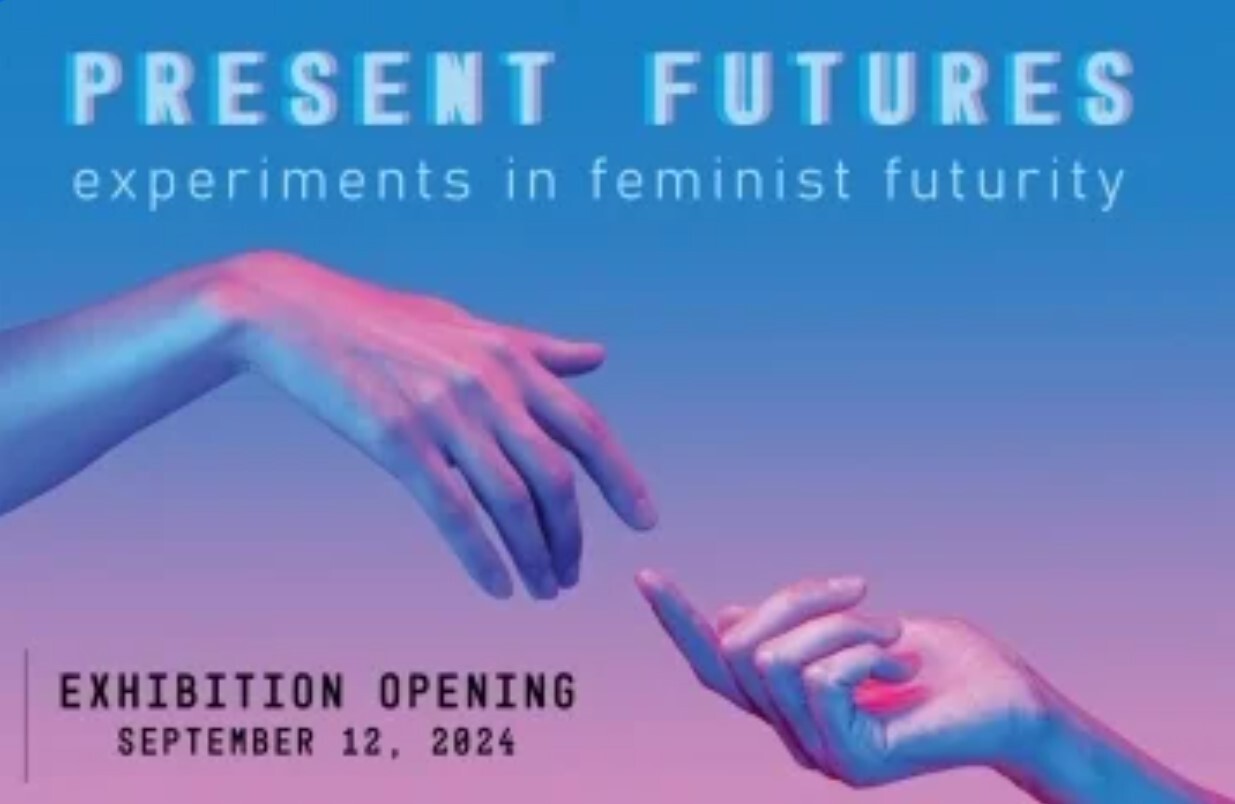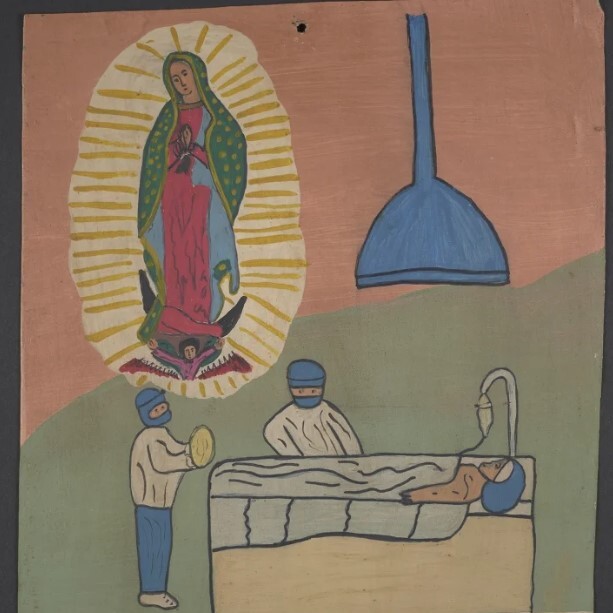
Present Futures: Experiments in Feminist Futurity Exhibition
September 12 - November 19, 2024 A contemporary art exhibition that will open the two-day Transnational Feminist Networks Symposium from September 12-13, 2024, at the Annenberg School for Communication at the University of Pennsylvania.
The exhibition will be on display in The Plaza and The Forum of the Annenberg School for Communication during the fall semester.
